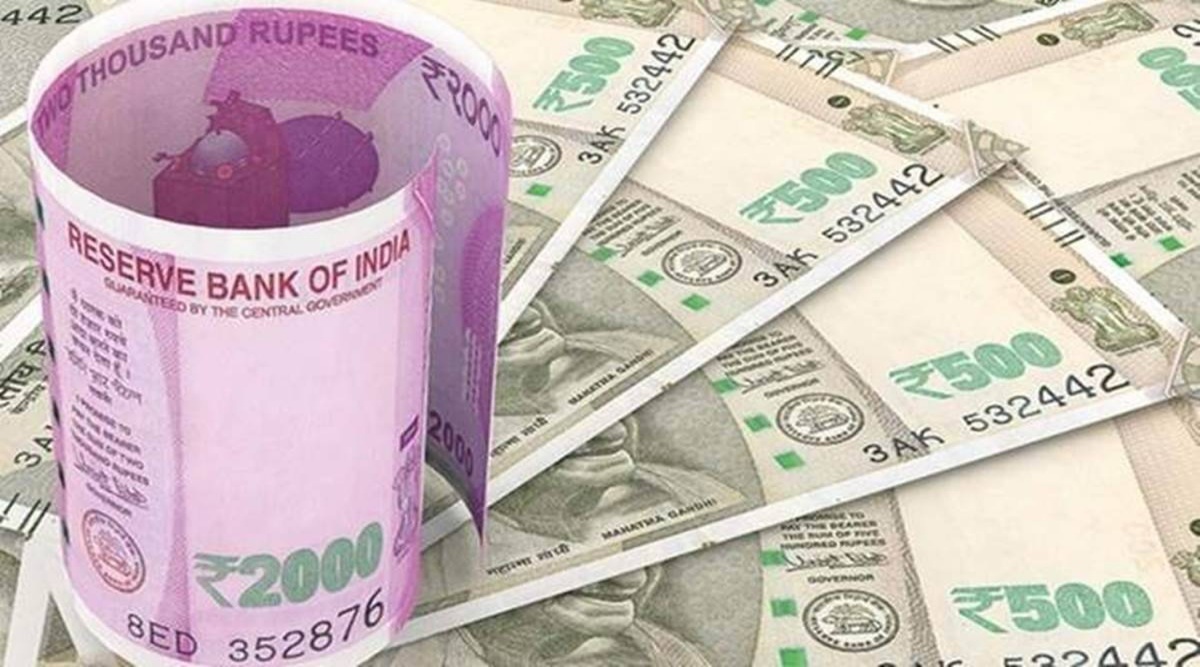Monetisation entails creation of new sources of revenue from public assets which will remain in the government’s control. The key feature is that it only involves monetisation of rights, not ownership.
 InvITs are akin to mutual funds which enable investors to buy units in these trusts listed on stock exchanges and thus have a share in the income stream of these vehicles in the form of dividends and unit distribution.
InvITs are akin to mutual funds which enable investors to buy units in these trusts listed on stock exchanges and thus have a share in the income stream of these vehicles in the form of dividends and unit distribution.
There are welcome indications that the government’s asset monetisation plans will either meet or exceed the current fiscal’s target of Rs 88,190 crore. This crucial programme that seeks to unlock the value of brownfield public sector assets, including stakes in PSUs, is being closely monitored by the Centre to ensure that various ministries, which are part of the plan, step up their efforts to hit the targets.
Monetisation entails creation of new sources of revenue from public assets which will remain in the government’s control. The key feature is that it only involves monetisation of rights, not ownership. The assets have to be returned to the government or the public agency concerned at the end of the transaction life. The government feels that since brownfield, ‘de-risked’ assets are to be offered, private investors and global patient capital would be incentivised to invest in them. This contrasts with privatisation or strategic disinvestments that raise revenues for the exchequer from selling the government’s stakes in PSUs that entail transfer of management control to the acquiring private party.
Coal, power transmission and roads are reportedly in line to meet targets for FY22. As against the Rs 3,394 crore target for coal mines and non-coal assets, Rs 4,600 crore was raised as of February 1 through the mine-developer-and-operator model, where ownership of the mines will be retained by Coal India and the private developer would produce coal under a revenue-sharing mechanism. Similarly, Power Grid, the public sector electricity transmission utility, successfully mobilised Rs 7,700 crore through monetisation of transmission lines, fully achieving targets.
National Highways Authority of India (NHAI) could be close to its target of Rs 30,000 crore with the authority having realised Rs 12,000 crore through Infrastructure Investment Trusts (InvITs) and Transfer-Operate-Transfer models. The monetisation of toll receivables of Delhi-Mumbai Expressway and three bundles of ToT are being undertaken. InvITs are akin to mutual funds which enable investors to buy units in these trusts listed on stock exchanges and thus have a share in the income stream of these vehicles in the form of dividends and unit distribution.
Looking ahead, asset monetisation will be challenging. One reason is the Railways that accounts for 25% of the Rs 6 lakh crore of assets to be monetised in the next four years; this includes redevelopment of 400 stations, running 90 passenger trains, leasing out the track on dedicated freight corridors, etc. The Railways collected only Rs 390 crore against the Rs 17,810 crore targetted for FY22. It could be a laggard in the future; the lack of a regulator to ensure a level playing field between private- and government-run trains has also bedeviled monetisation efforts. Although there is a model concession agreement for 35 years in return for upfront payment, track access charges, revenue share and commitment of investments, there is limited private interest so far. Monetisation models of rolling stocks and stations are now being re-examined by the railway ministry to stoke investor interest.
The upshot is that the private sector must be on board for asset monetisation to take off. To ensure this, monetisation must be implemented with utmost transparency. There must be a balance between risk and reward, between public and private interests. Asset monetisation will be a fraught exercise if the various projects are cornered by a few private parties. Private investments are also sensitive to policy and regulatory uncertainty. Enthusing Indian industry thus is critical to the success of asset monetisation next fiscal and beyond.